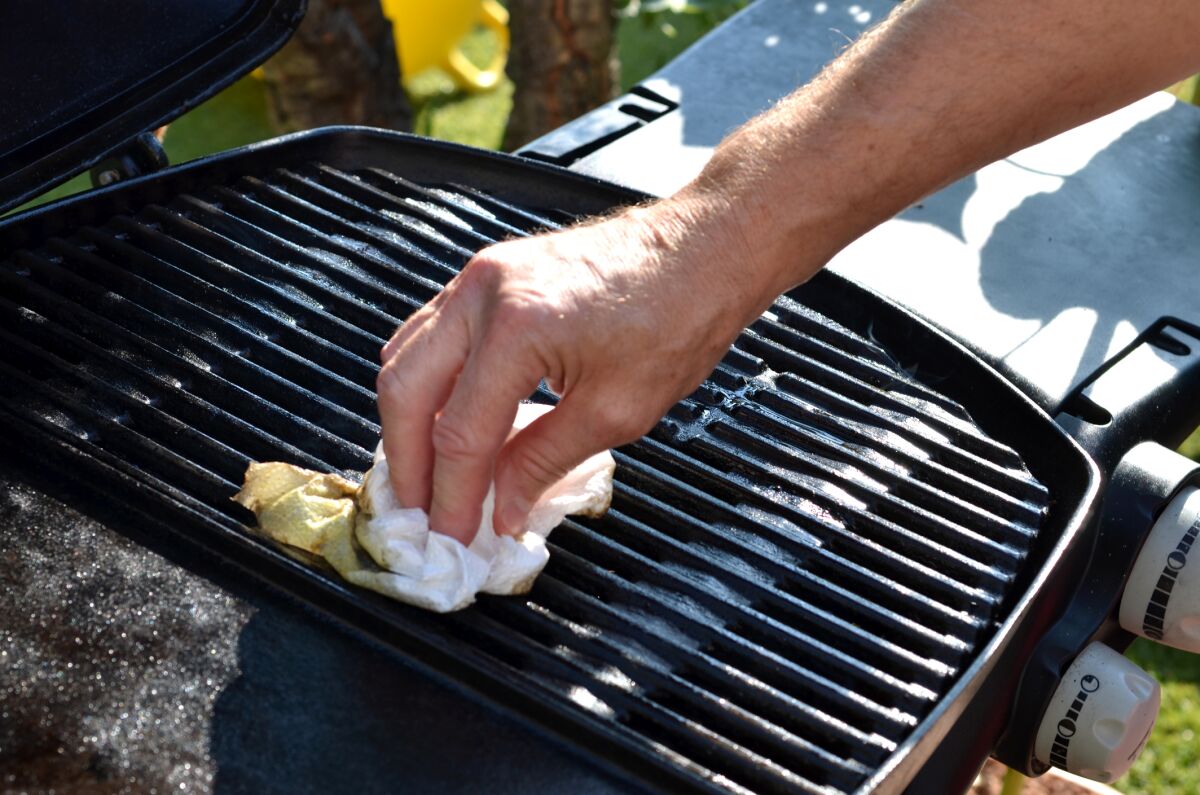

Articles
What To Clean A Grill With
Modified: October 28, 2024
Discover the best articles on what to clean a grill with, featuring helpful tips and tricks for maintaining a spotless and well-maintained grill.
(Many of the links in this article redirect to a specific reviewed product. Your purchase of these products through affiliate links helps to generate commission for Storables.com, at no extra cost. Learn more)
Introduction
Grilling is a popular cooking method that brings out delicious flavors in food and creates memorable outdoor experiences. Whether you’re grilling burgers, steaks, vegetables, or seafood, it’s essential to keep your grill clean to ensure optimal performance and food safety. Regular cleaning not only prolongs the lifespan of your grill but also prevents the buildup of grease, residue, and harmful bacteria.
In this article, we will explore the importance of cleaning your grill, the materials you need for the task, different methods for cleaning, and tips for maintaining a clean grill. By following these guidelines, you can enjoy hygienic and flavorful meals every time you fire up the grill.
Key Takeaways:
- Regularly cleaning your grill not only extends its lifespan and improves performance but also ensures food safety and enhances the flavors of your grilled meals.
- Utilize natural cleaning solutions, preheat the grill before cleaning, and conduct a yearly deep clean to maintain a clean, functional, and long-lasting grill.
Read more: How To Clean An Indoor Grill
Why is it important to clean your grill?
Keeping your grill clean is crucial for several reasons:
- Prolonged Lifespan: Regular cleaning helps prevent the buildup of dirt, debris, and grease that can corrode the metal components of your grill. By removing these contaminants, you can extend the lifespan of your grill and ensure it remains in good working condition for years to come.
- Improved Performance: A clean grill functions more efficiently. When the grates and burners are free of residue, the heat is distributed evenly, leading to better cooking results. Additionally, a clean grill allows for better airflow, which enhances the temperature control and prevents flare-ups.
- Food Safety: Grills that are not cleaned regularly can harbor harmful bacteria and pathogens from previous cooking sessions. These contaminants can transfer onto your food, leading to foodborne illnesses. Proper cleaning and sanitization reduce the risk of cross-contamination and ensure safe and healthy meals.
- Enhanced Flavors: The residue left behind by previous meals can impact the taste and aroma of your food. Cleaning the grill removes any lingering flavors and ensures that your next grilled masterpiece tastes exactly as it should.
By prioritizing grill cleanliness, you can enjoy not only the practical benefits of a well-maintained appliance but also the peace of mind knowing that your cooking is safe and your flavors are uncompromised.
What materials do you need to clean a grill?
When it comes to cleaning your grill, having the right materials at hand can make the task much easier. Here are the essential materials you’ll need:
- Grill Brush: A sturdy grill brush with stainless steel bristles is essential for cleaning the grill grates. Look for a brush with a long handle to keep your hands safely away from the heat.
- Scraping Tool: A scraping tool, such as a putty knife or a grill scraper, can be used to remove stubborn residue from the grates and other parts of the grill.
- Bucket of Soapy Water: Prepare a bucket of warm water mixed with dish soap. This will be used for general cleaning of the grill surfaces.
- Sponge or Cloth: Use a sponge or cloth to clean the exterior of the grill, including the hood and the control knobs.
- Paper Towels or Microfiber Cloth: These will come in handy for wiping down surfaces and drying the grill after cleaning.
- Grill Cleaner: Depending on the level of buildup, you may need a specialized grill cleaner to tackle tough grime and grease. Choose a cleaner that is safe for your grill’s material.
- Gloves and Apron: To protect your hands and clothing, consider wearing gloves and an apron while cleaning the grill.
It’s important to note that the materials needed may vary depending on the type and size of your grill. Refer to the manufacturer’s instructions for any specific recommendations or restrictions on cleaning products.
By having these materials readily available, you’ll be well-equipped to tackle any cleaning task and keep your grill in top shape.
Different methods for cleaning a grill
There are several methods you can use to clean your grill, depending on the level of buildup and personal preference. Here are some commonly used techniques:
- Brushing and Scrubbing: This method is suitable for regular maintenance and light residue. Start by preheating the grill for a few minutes to loosen any stuck-on food. Then, using a grill brush, scrub the grates in a back-and-forth motion to remove debris. For stubborn residue, use a scraping tool to scrape it off.
- Soaking in Soapy Water: For more stubborn grime, you can remove the grates and soak them in a bucket of warm soapy water. Let them soak for about 15-30 minutes to help loosen the residue. After soaking, scrub them with a brush to remove any remaining debris and rinse them thoroughly.
- Baking Soda Paste: Baking soda is a natural abrasive that can help break down grease and grime. Create a paste by mixing equal parts baking soda and water. Apply the paste onto the grates, let it sit for an hour or two, and then scrub it off with a brush. Rinse thoroughly after cleaning.
- Vinegar Solution: Vinegar is known for its cleaning properties. Mix equal parts water and white vinegar in a spray bottle. Spray the solution onto the grates, let it sit for a few minutes, and then scrub with a brush. Rinse thoroughly afterwards to remove any vinegar residue.
- High Heat Cleaning: This method is best for heavily greased grills. Preheat the grill to its highest temperature and close the lid. Let it run for about 15-20 minutes to burn off any residue. Use a grill brush to scrub away any remaining debris. Be cautious when using this method and ensure that you are in a well-ventilated area.
Remember to follow appropriate safety measures when cleaning your grill, such as wearing protective gloves and avoiding abrasive materials that may damage the surface. It’s also a good practice to consult your grill’s instruction manual for any specific cleaning guidelines recommended by the manufacturer.
By utilizing these different methods, you can find the one that works best for you and keep your grill clean and ready for your next outdoor cooking adventure.
Cleaning the grill grates
The grill grates are a crucial part of your grill and can accumulate residue and food particles over time. Properly cleaning the grates is essential to maintain their performance and prevent any unwanted flavors from transferring to your food. Here’s how to clean the grill grates effectively:
- Preheating the grill: Before cleaning, preheat the grill for 10-15 minutes on high heat. This will help loosen any stuck-on food or residue, making it easier to remove.
- Brushing the grates: Using a grill brush with stainless steel bristles, scrub the grates in a back-and-forth motion. Make sure to reach all areas, including the corners and sides. The bristles will help dislodge any debris and residue that has accumulated.
- Scraping stubborn residue: For stubborn residues, use a scraping tool, such as a putty knife or a grill scraper. Gently scrape off any tough buildup, being careful not to scratch the grates. If using a scraper, hold it at a slight angle and apply moderate pressure to remove the residue.
- Soaking in warm soapy water: If the grates still have stubborn grime, you can remove them and soak them in a bucket of warm soapy water. Let them soak for 15-30 minutes to help loosen the residue. After soaking, scrub them again with a grill brush to remove any remaining debris.
- Rinsing and drying: Once the grates are clean, rinse them thoroughly with water to remove any soap residue or remaining debris. Pat them dry with paper towels or a clean cloth to prevent any rusting.
It’s important to note that not all grill grates are the same. The cleaning method you choose may vary depending on the material of your grates, such as cast iron, stainless steel, or porcelain-coated grates. Refer to the manufacturer’s instructions or consult the grill’s manual for any specific cleaning recommendations for your grates.
Remember, regularly cleaning the grill grates will ensure better heat distribution, prevent flavor transfer, and maintain the overall hygiene of your grill.
After grilling, scrub the grill grates with a wire brush to remove any stuck-on food particles. Then, wipe the grates with a damp cloth or paper towel to remove any remaining residue. Finally, season the grates with a light coating of cooking oil to prevent rust.
Read more: How To Clean A Hibachi Grill
Removing grease and residue from the grill
Grease and residue can accumulate on various parts of your grill, including the burners, flavorizer bars, and drip pans. It’s important to remove these deposits regularly to prevent flare-ups and maintain the cleanliness of your grill. Here are some steps to effectively remove grease and residue from your grill:
- Turn off the grill: Ensure that the grill is turned off and has cooled down before cleaning.
- Scrape off excess debris: Use a grill brush or a scraper to remove any large pieces of food or debris from the grill surface, burners, and flavorizer bars. This will help prevent them from falling into the drip pans or getting in the way during cleaning.
- Remove and clean drip pans: Remove the drip pans or grease trays from your grill. Dispose of any excess grease or debris. Wash the pans with warm soapy water, rinse, and dry thoroughly before placing them back in the grill.
- Clean the burners: Use a brush or a scraper to remove any grease or residue from the burners. You can also use a wire brush to clean the burner ports and ensure proper gas flow. Be gentle to avoid damaging the burner or blocking the ports.
- Clean the flavorizer bars: If your grill has flavorizer bars or heat deflectors, remove them and clean them with warm soapy water. Use a brush to remove any buildup or residue. Rinse and dry thoroughly before placing them back in the grill.
- Wash the grill surfaces: Prepare a bucket of warm soapy water and use a sponge or cloth to clean the exterior of the grill, including the hood, control knobs, and any other accessible areas. Rinse with clean water and wipe dry.
It’s important to note that not all grill parts are designed to be submerged in water. Refer to the manufacturer’s instructions for any specific cleaning guidelines or restrictions for your particular grill model.
Regularly removing grease and residue from your grill will not only improve its performance but also reduce the risk of flare-ups and prolong its lifespan. A clean grill ensures better-tasting food and a more enjoyable grilling experience.
Cleaning the grill exterior
While it’s important to clean the inside of your grill to maintain its performance, it’s equally essential to keep the exterior looking clean and presentable. Here are some steps to effectively clean the grill exterior:
- Preparation: Before cleaning the exterior, make sure the grill is turned off and has cooled down to a safe temperature. Disconnect any propane or gas connections if necessary.
- Wipe down the surfaces: Start by using a damp sponge or cloth to wipe down the exterior surfaces of the grill. This will help remove any loose dirt, dust, or residue that may have accumulated.
- Prepare a cleaning solution: Mix a small amount of mild dish soap with warm water in a bucket or spray bottle. This solution will be used to clean the grill exterior.
- Clean the grill: Dip a sponge or cloth into the soapy water and gently scrub the grill’s exterior surfaces. Pay attention to areas that are more prone to dirt and stains, such as handles, knobs, and side shelves. For stubborn stains, use a gentle scrub brush or a toothbrush to scrub more effectively.
- Wipe off the soap: Once the surfaces are cleaned, use a clean damp cloth to wipe off any soap residue from the grill’s exterior. This will ensure a streak-free and clean finish.
- Dry thoroughly: To prevent water spots and ensure a polished look, use a dry cloth or towel to thoroughly dry the grill’s exterior.
It’s important to note that different grill materials may require different cleaning techniques. For example, stainless steel grills can be prone to scratches, so it’s best to use a non-abrasive sponge or cloth and avoid harsh chemical cleaners. Refer to the manufacturer’s instructions or consult the grill’s manual for any specific cleaning recommendations for your grill’s exterior.
Regularly cleaning the grill exterior not only keeps it looking great but also helps protect the surfaces from corrosion and extends its lifespan. It gives your grill a fresh and well-maintained appearance, ensuring that it stands as a centerpiece in your outdoor cooking area.
Tips and tricks for maintaining a clean grill
To keep your grill in excellent condition and ensure it stays clean and well-maintained, here are some helpful tips and tricks:
- Clean your grill after each use: Make it a habit to clean your grill after each use. This will prevent the buildup of grease, residue, and food particles, making the cleaning process more manageable.
- Preheat the grill before cleaning: Before you begin cleaning, preheat the grill for a few minutes. The heat will help loosen any stuck-on food or residue, making it easier to remove.
- Use a grill cover: When not in use, cover your grill with a high-quality grill cover. This will protect it from dirt, dust, and the elements, reducing the need for frequent cleaning.
- Apply cooking oil to the grates: Before grilling, lightly brush the grates with cooking oil. This will prevent food from sticking to the grates and make cleanup easier.
- Keep a grease catch tray or foil liner: Place a grease catch tray or line the drip pan with aluminum foil to collect grease and drippings. This will help minimize the cleanup required for the bottom of the grill.
- Regularly check and clean the burner tubes: Inspect the burner tubes for any blockages or obstructions. Use a pipe cleaner or wire brush to clean the burner ports and ensure proper gas flow.
- Deep clean at least once a year: In addition to regular maintenance, schedule a deep cleaning once a year. This involves disassembling the grill, cleaning each component thoroughly, and checking for any worn-out parts that may need replacement.
- Use natural cleaning solutions: Consider using natural cleaning solutions such as baking soda, vinegar, or lemon juice, which are effective and environmentally friendly alternatives to harsh chemical cleaners.
- Protect the grill during winter months: If you live in an area with harsh winters, take extra precautions to protect your grill during the off-season. Clean it thoroughly, apply a layer of oil to prevent rust, and store it in a dry and covered area.
- Regularly check for signs of wear and tear: Inspect the grill for any signs of rust, corrosion, or worn-out parts. Address any issues promptly to prevent further damage and maintain the integrity of your grill.
By following these tips and tricks, you can ensure that your grill remains clean, functional, and ready to deliver delicious meals for years to come. Regular maintenance and cleaning will not only enhance your grilling experience but also ensure the longevity of your grill investment.
Conclusion
Maintaining a clean grill is essential for optimal performance, food safety, and longevity. By regularly cleaning your grill, you can enjoy delicious, flavorful meals while ensuring a hygienic cooking environment.
We have explored the importance of cleaning your grill and discussed the materials needed for the task. We have also covered different methods for cleaning the grill, including brushing, soaking, and using natural cleaners. Cleaning the grill grates and removing grease and residue from the grill surfaces are crucial steps in maintaining a clean and well-functioning grill.
Additionally, we shared tips and tricks for keeping your grill in excellent condition. From cleaning after each use and using a grill cover to conducting a yearly deep clean and checking for signs of wear and tear, these practices will help prolong the life of your grill.
Remember, a clean grill not only enhances performance but also ensures food safety and enhances the overall grilling experience. So, take the time to clean your grill regularly, follow the recommended techniques, and implement the provided tips to enjoy tasty and perfectly grilled meals for years to come.
Frequently Asked Questions about What To Clean A Grill With
Was this page helpful?
At Storables.com, we guarantee accurate and reliable information. Our content, validated by Expert Board Contributors, is crafted following stringent Editorial Policies. We're committed to providing you with well-researched, expert-backed insights for all your informational needs.
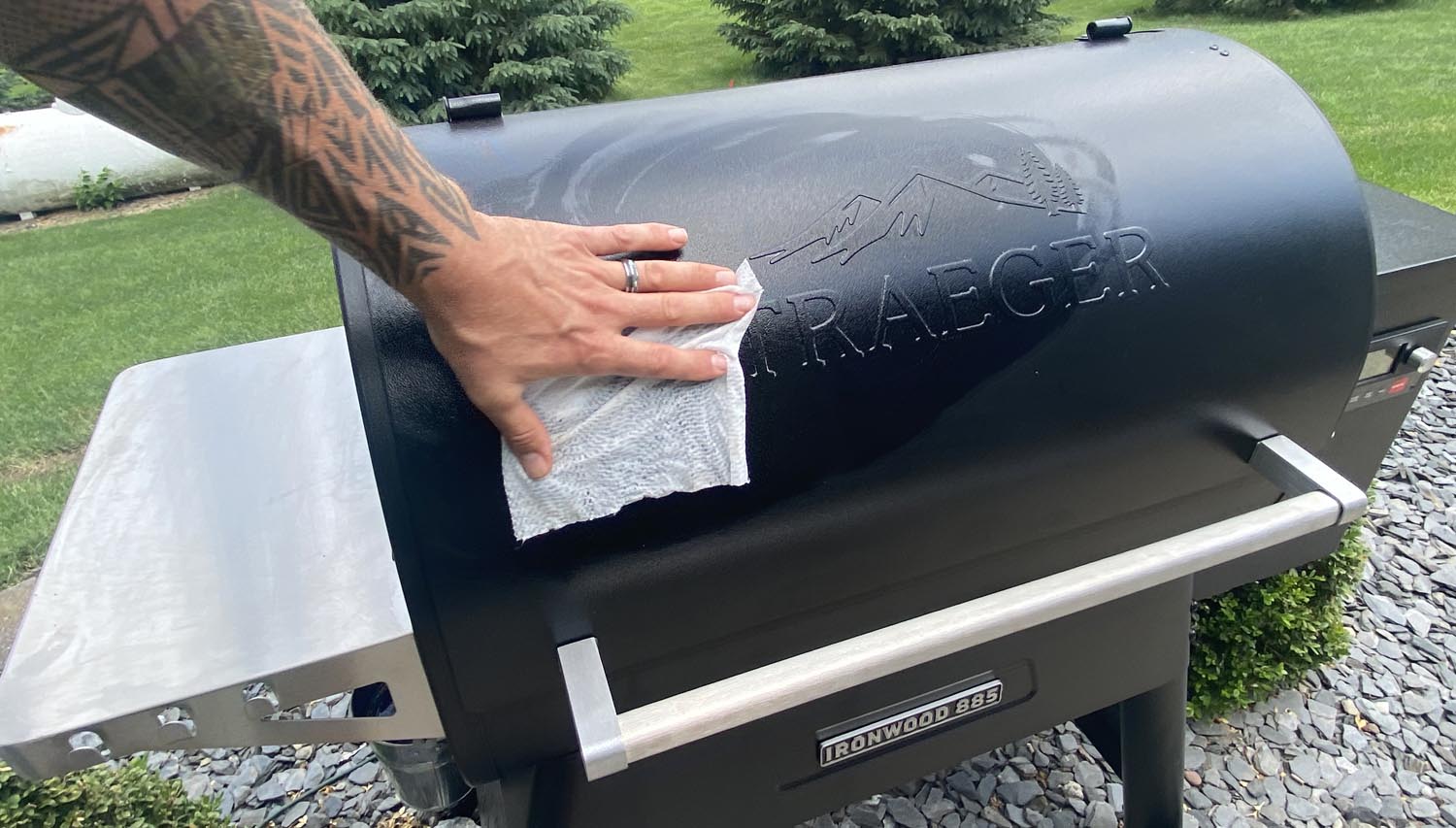
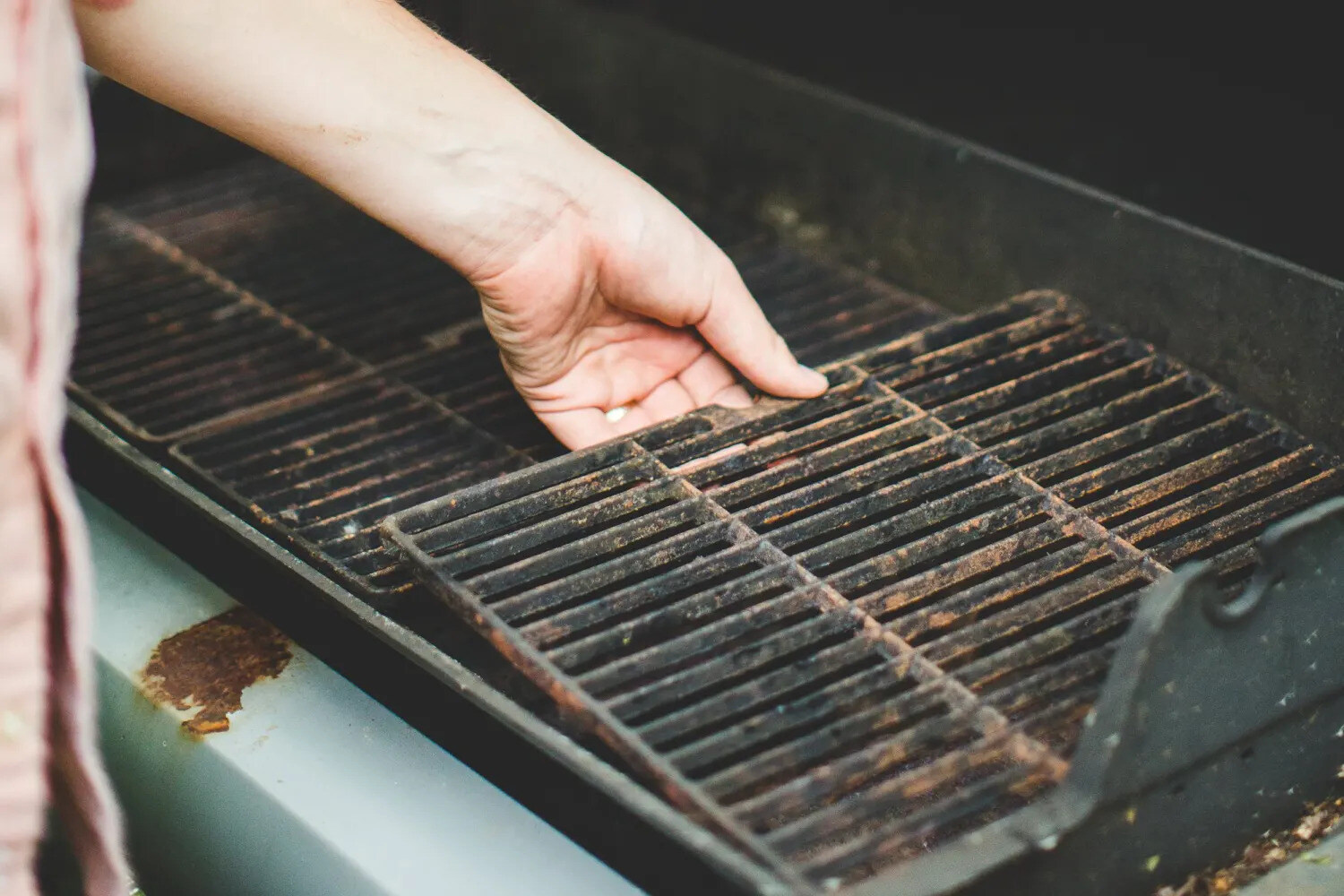
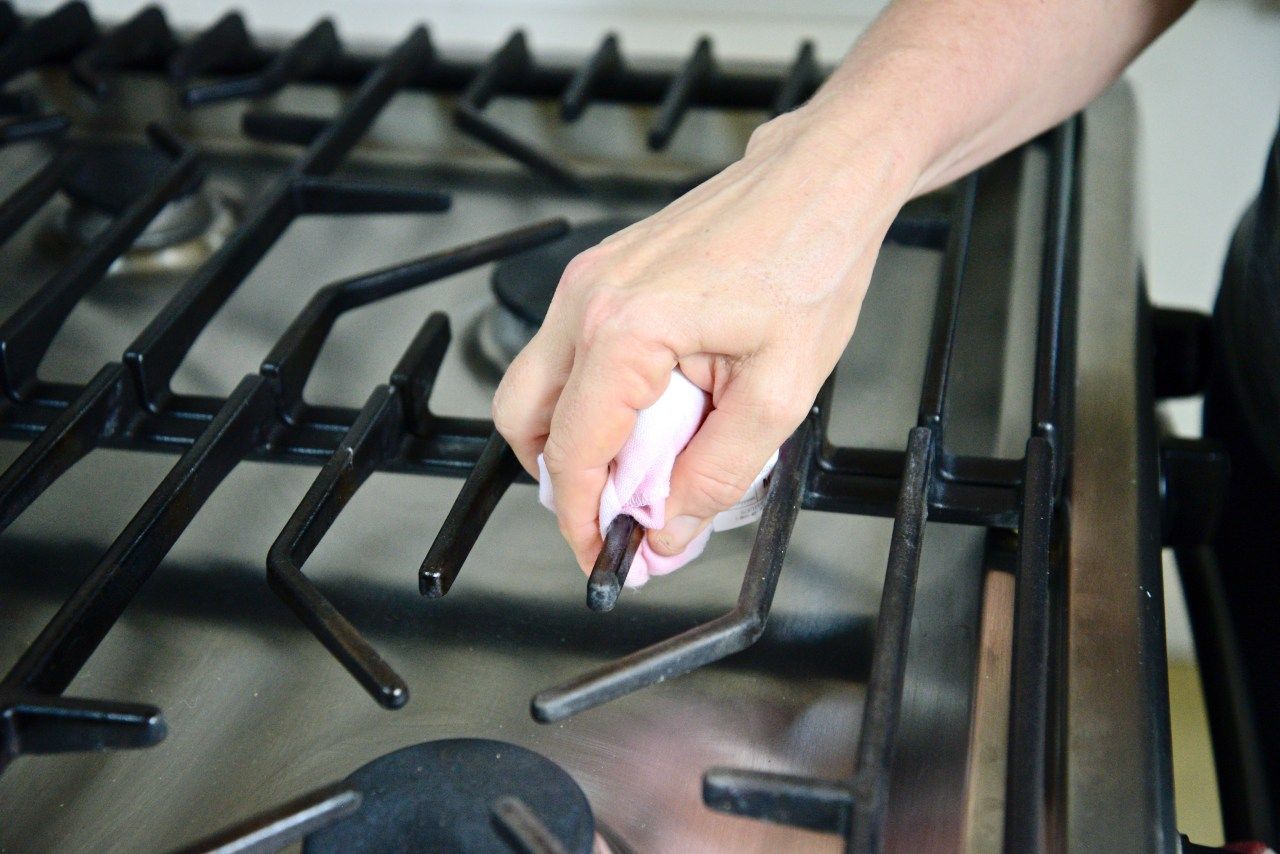
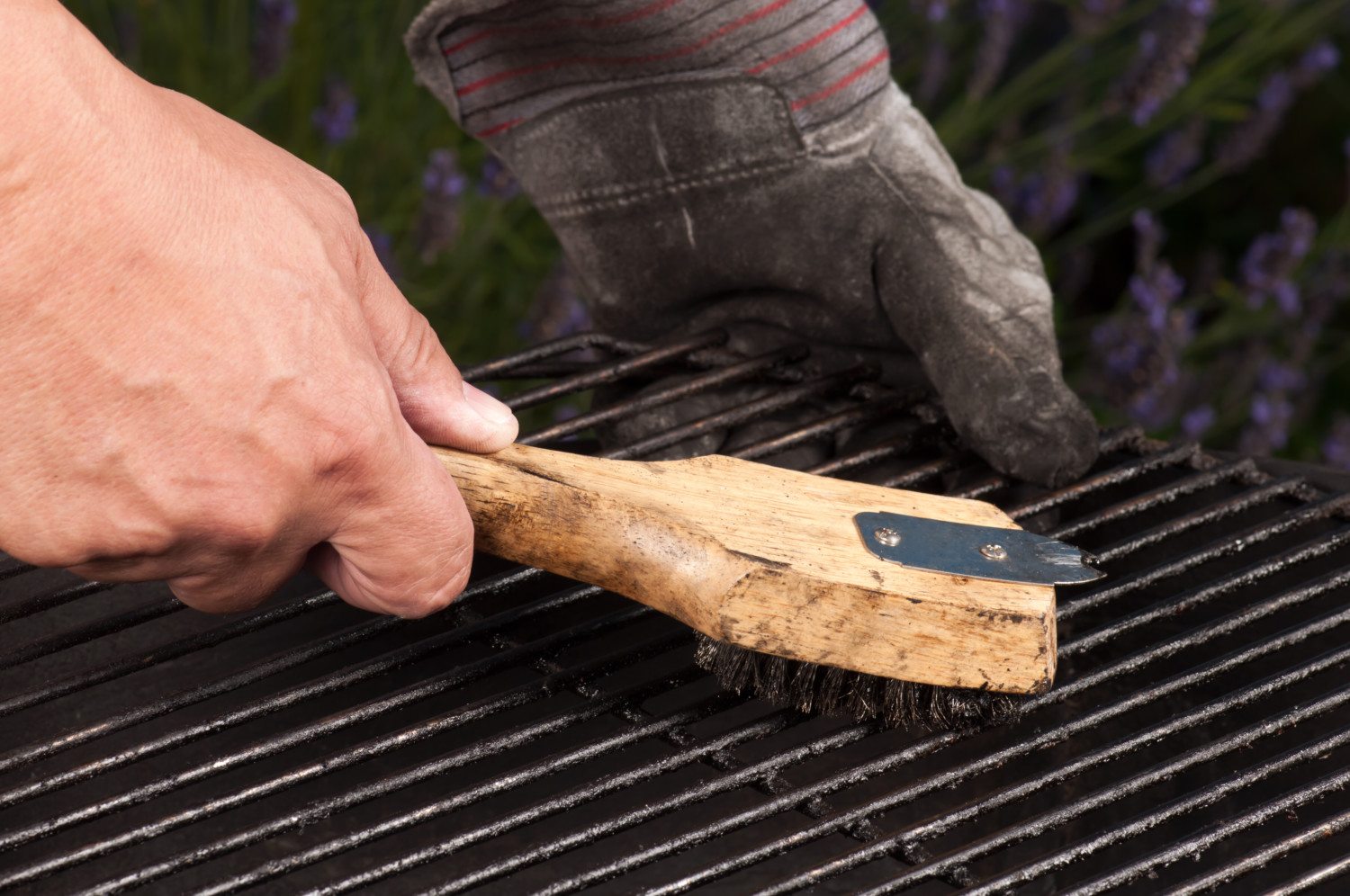
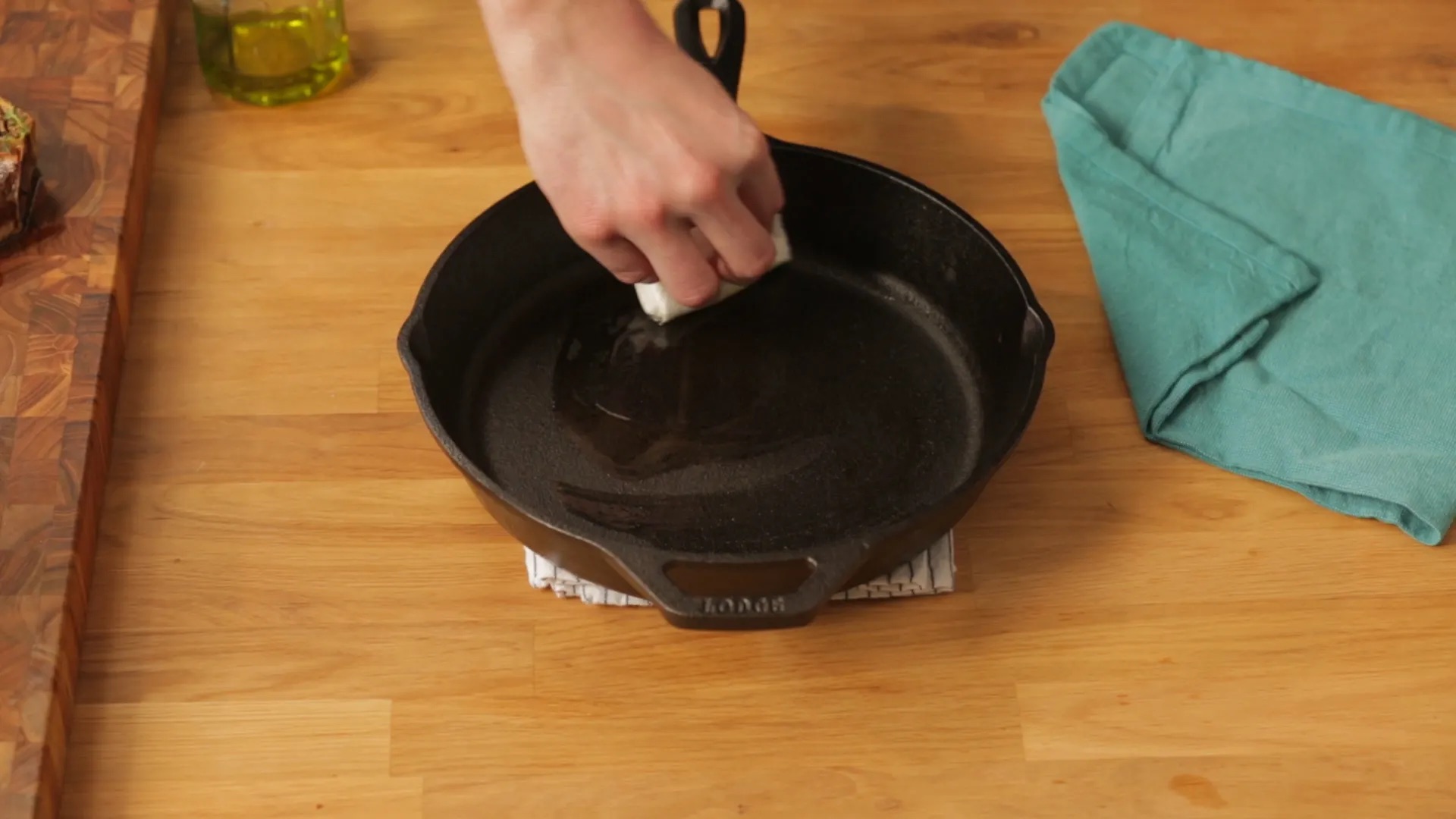
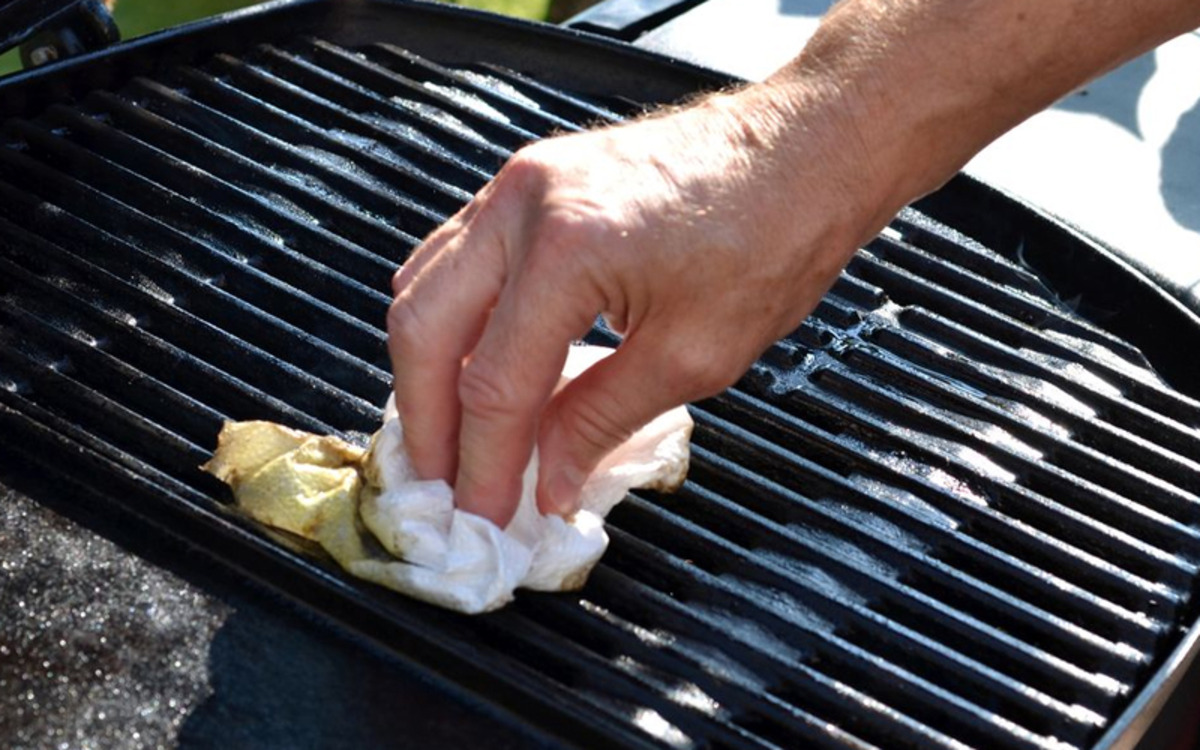
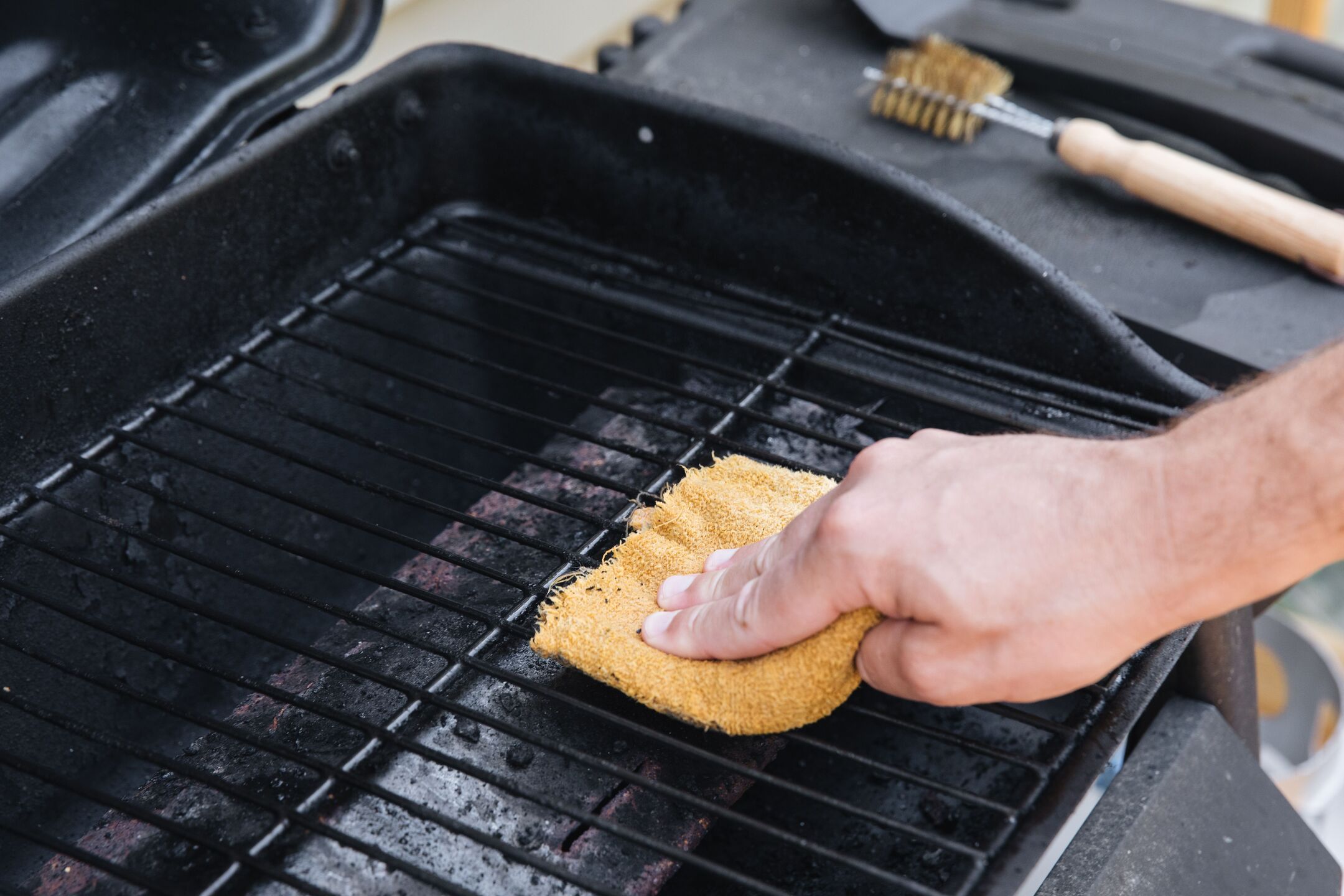
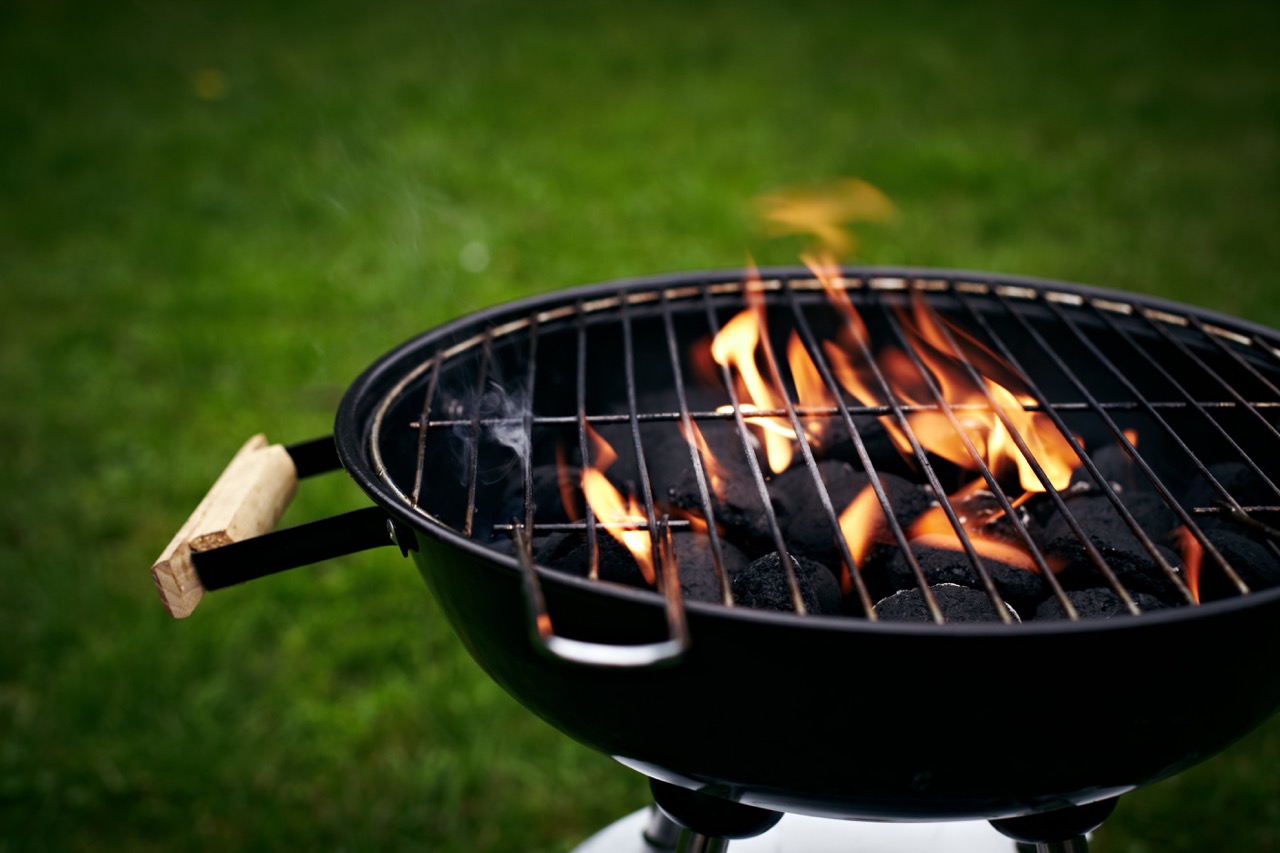

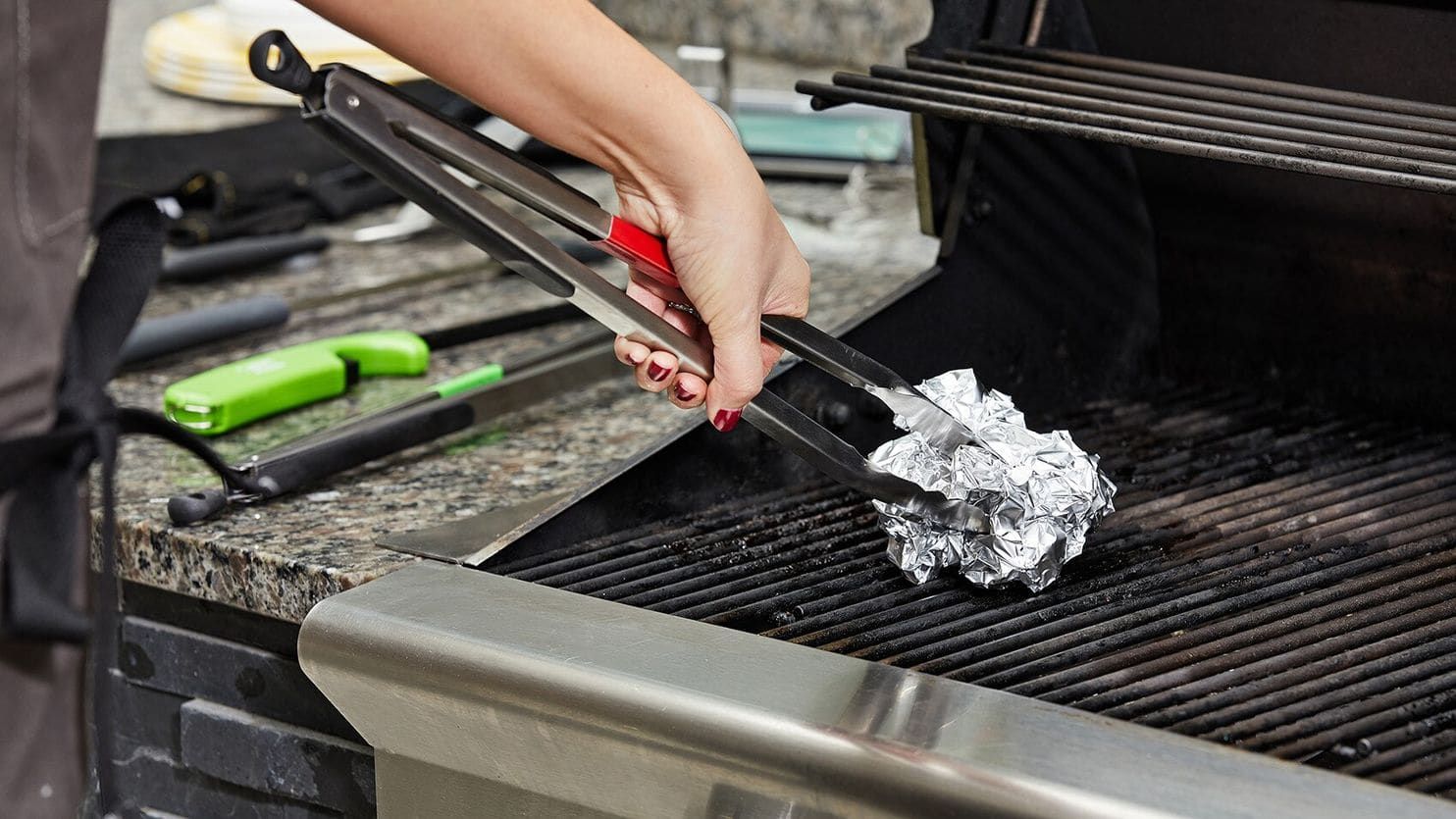
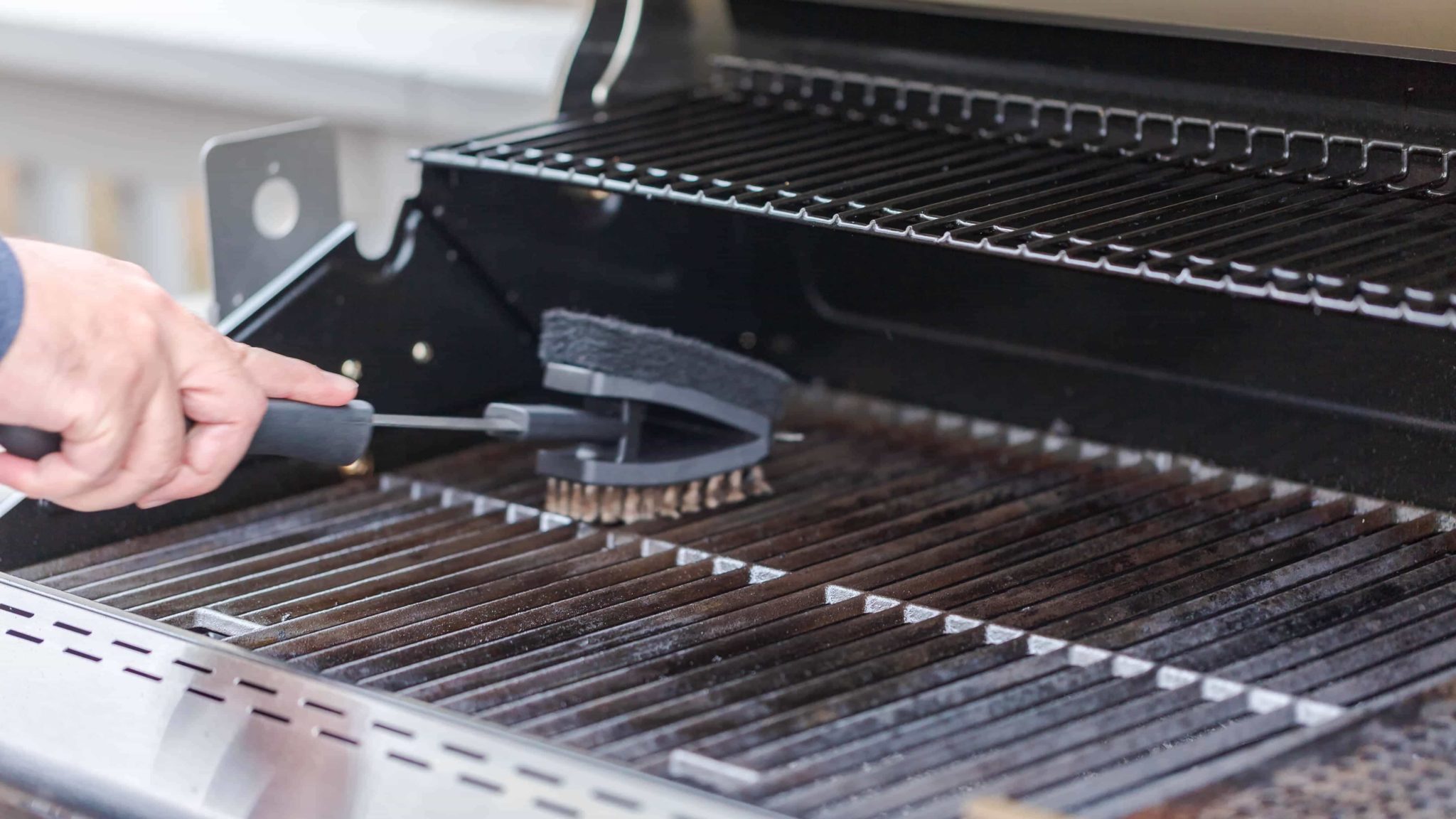
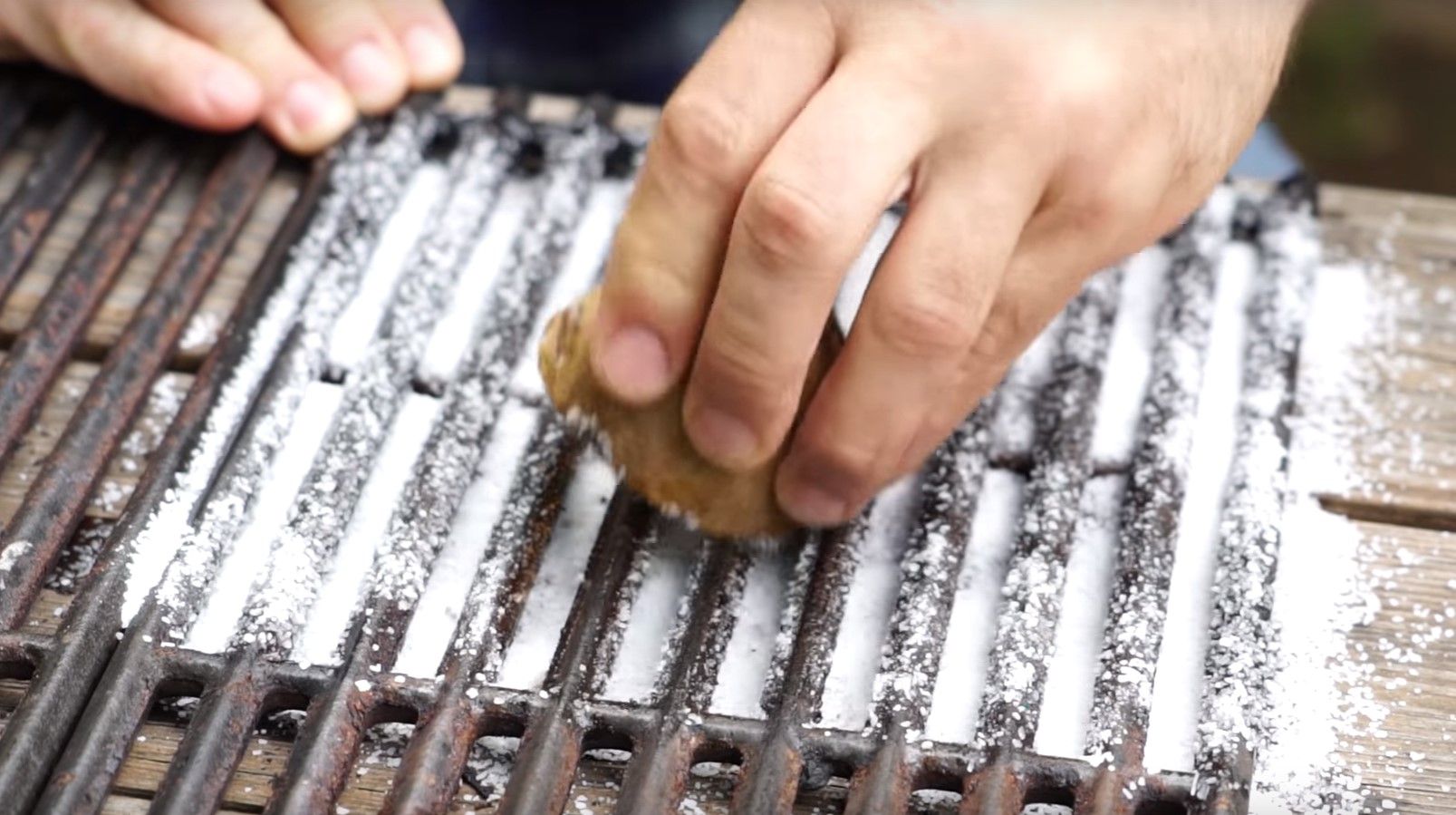
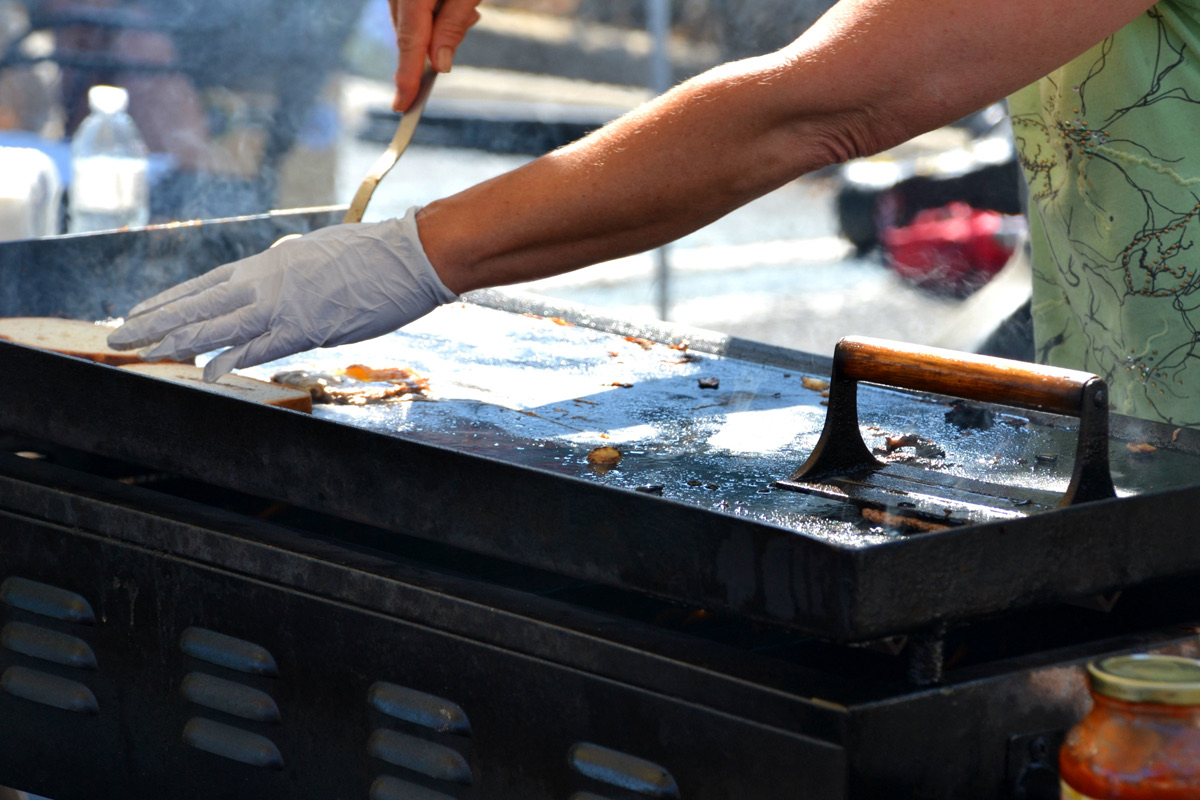


0 thoughts on “What To Clean A Grill With”